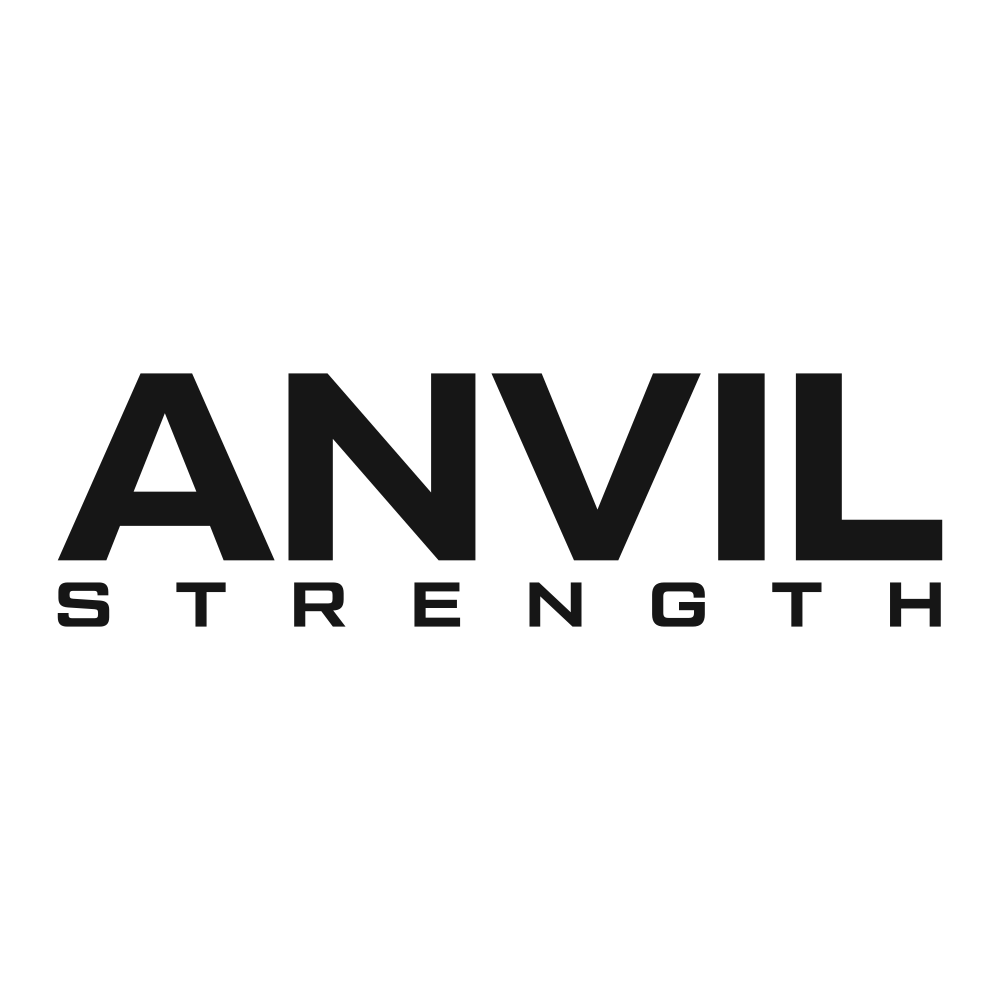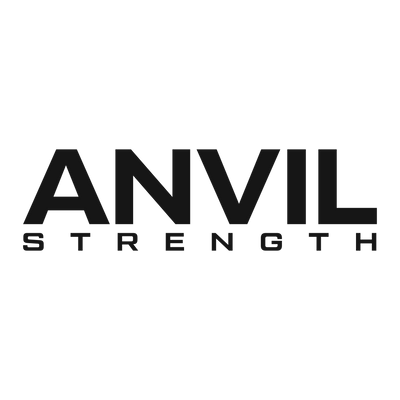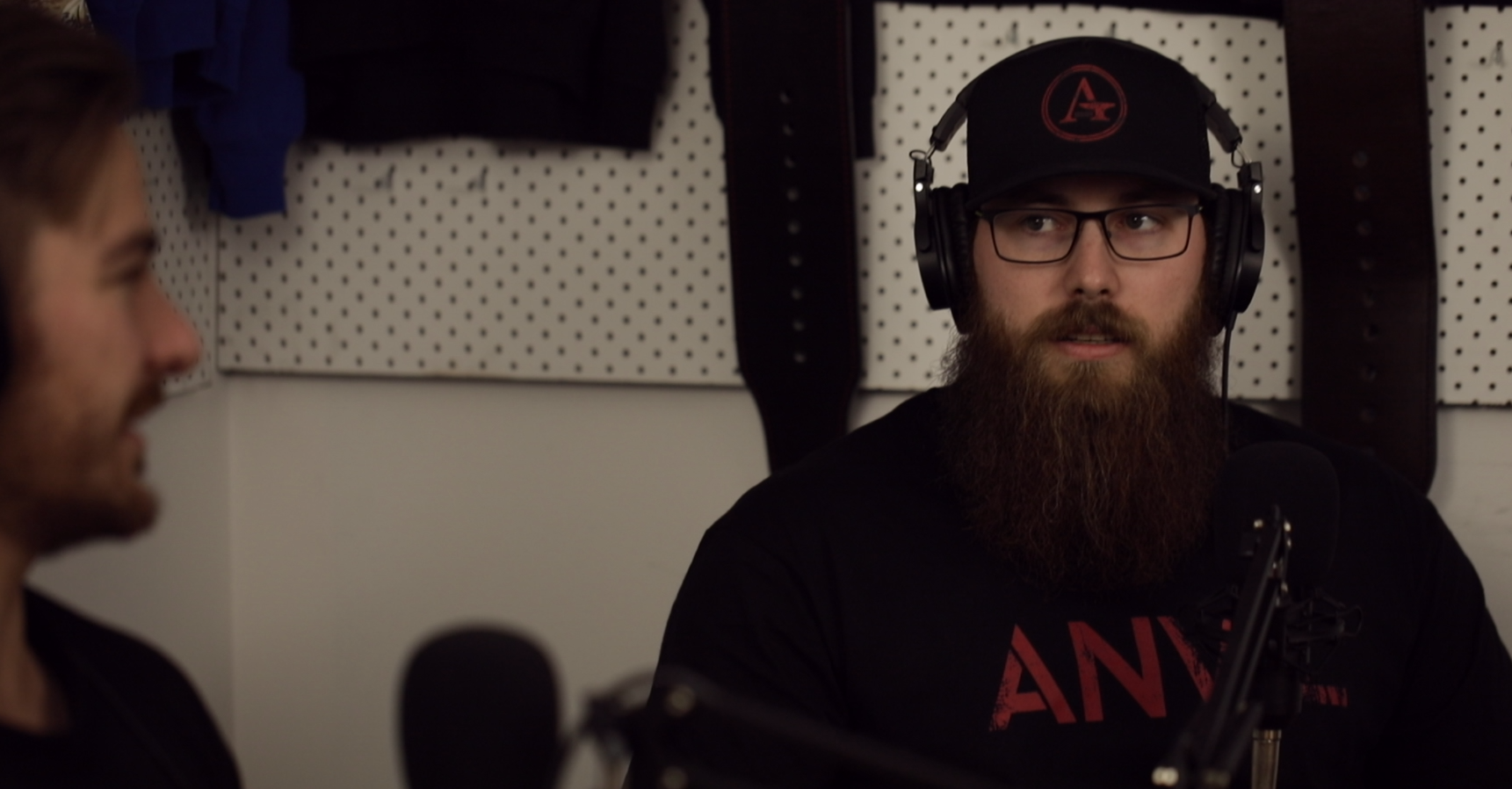In The Interest of Time

An Anvil T&D opinion article by Daniel Hunt
The average person has many demands and desires that take up the majority of their time, and even though modern technology makes many tasks much easier or even automated - this generally means we use that extra time to fulfil more demands placed upon us. If it isn’t work, then it’s probably life administration like cleaning, cooking or commuting. We all need recreation too, so even more of our time goes toward socialising, exercising or relaxing. Many of us probably have a schedule that we’re reasonably content with, give or take some time where we may wish we could sleep in a little longer. I would argue that there’s no such thing as ‘perfect’ time management - instead, I would argue that there exists a ‘balanced schedule’. What this would exactly look like differs from person to person, but the basic premise of a balanced schedule requires two things - individual responsibilities and individual recreation. Our responsibilities include all things involved with staying healthy and sustainable - physically and financially. Our recreation, on the other hand, is uniquely subjective to the person - as what brings me feelings of satisfaction will differ from almost everyone else. Whilst there are many factors that contribute to an individual’s maintenance and satisfaction, I would like to simplify those two things down into two broad aspects - responsibilities and recreation. To keep it simple - think of responsibilities as the things we need to do, and recreation as the things we want to do.
Breaking your weekly tasks into these two categories can be simple, or difficult depending on the person - however, there are tasks and activities which would be considered objectively essential (e.g. working for financial security). The blurring of these two categories happens when subjective priorities are thrown into the equation - for example, someone may forego eating a meal because they want to spend longer on a recreational activity. Most of the time - these small decisions appear trivial, and I’ll be the first to admit that I’ve skipped food and sleep just to enjoy a little bit longer of an activity I like. Issues arise when these priorities become habitual, to the point of becoming part of our daily or weekly schedule. Working through lunch one day to meet a deadline is understandable, but missing a meal every day of the week for the sake of feeling more efficient is unhealthy. Implementing a prioritization methodology can help us in keeping the unhealthy habits from slipping in, but also allow us to introduce new activities into our schedule for which we would otherwise not be able to ‘find time’. In order to manage our time more effectively, it’s important to recognise where we allocate our time. I will be mentioning some popular methods used to prioritize tasks later, but for now - I’ll say that even just documenting what we do each day, for one week, is an excellent start to finding where your time is spent.
Many of us will know our weekly responsibilities off the top of our heads and use that memorization to fulfil these responsibilities. The issue with relying on this is the inherent fickleness of human memory - it’s quite easy to forget about a task on our to do list if another one is placing stress on us or consuming more time than originally anticipated. It is also rare to look back at your schedule once reaching the end of the week and thinking “I had so much extra time” - so, you can imagine that the idea of adding more demands to your time will be met with some resistance. By documenting your weekly activities, you create a solid baseline for further ‘mapping out’ of your week. A final note here is to begin your planning practice with realistic and achievable time frames - working day to day, or week to week. Overarching goals for the future can act as productive motivation - but planning week to week can assist you in practically achieving what you set out to do.
The Two Pillars of Time
Responsibilities
If asked to think of the daily, weekly or monthly tasks that you’re required to complete to maintain a good quality of life, some likely answers would be: work and family.
Working means providing for yourself and those you care about, and family means caring for and spending time with those you love. As a general rule, responsibilities will take precedence over recreational activities due to the accountability and potential consequences associated with these tasks. Failing to work means not being able to provide food and shelter - two fundamental necessities. Life, however, is about more than surviving - and having a good quality of life means more than paying bills and reproducing. Personal health means more than having enough to eat and breathing clean air - at least for those of us born into desirable circumstances. I would suggest that there’s room within Western society for a reframing of what is considered necessary for the average member of the general population - individual personal health should be a responsibility treated with proactivity, and not something addressed only when professional medical consultation is needed. I’m not saying everyone should treat going to the gym as being as important as keeping a roof over your head - I want to emphasise that small, daily decisions such as meal selection and implementing forms of physical activity are examples of ways in which you can take responsibility for your own health. As sedentary lifestyles increase within the population, common physical implications of extended periods seated and convenience foods are making a direct impact on health. These particular issues are manageable with simple counter-measures; an accumulated 30 minutes of walking each day, upper back resistance exercises and reducing snacking between meal times (activities we’ve referenced in many of our prior publications). Bam. Problem solved. You’re welcome, society.
Obviously not problem solved - but the point is that small and frequent (daily, in this case) decisions can have a much larger impact over time.
Segueing back into priorities - there needs to be an aspect of personal sustainability within your life. An extra 30 minutes each day may mean an extra 10 years of life in the long term. Not only in relation to your physical health, but also your mental health and wellbeing. Feeling perpetually tired, sluggish and stressed are the warning signs for the breakdown of an individual and their ability to maintain relationships with others. My advice is this - include health into your list of responsibilities, and whilst it doesn’t have to be on the top of the list as priorities will vary person to person - a proactive attitude towards your physical and emotional health has positive implications for responsibilities and recreation in the long run.
Recreation
What each individual does in their free time is so variable, that it wouldn’t be as simple to outline objective priorities. Unlike things such as working for financial security, the nature of recreational activities is that they are done out of enjoyment instead of necessity - and this rarely includes someone’s workplace activities. There are common examples of how an individual will use their free time, such as watching TV or playing video games, but even the most common of examples can’t encompass the range of interests found within the population. The challenge with recreational activities is that we usually feel we can’t dedicate as much time to them as we’d like - all work and no play makes anyone a dull person. As I’ve already mentioned, the amount of truth within this is quite subjective - as there are those of us who could spend a work day equivalent doing their hobby and still feel as if it wasn’t long enough. I advocate for everyone having some hobby, activity or passion in their life which they pursue - but when it comes to finding balance with the tasks that consume your time, assessing and determining what’s important is key. Prioritising your tasks is solely your decision - as the subjective emphasis you place on each is subjective to you. Unless you’ve been able to build your passion into your career, the aforementioned responsibilities - financial security, family and health - need to be maintained first. No one can tell you exactly what the right amount for these things are, but they should be your priority when planning your week.
Recreation doesn’t just include the things that you already do for fun, but also activities that you want to add into your schedule. Prioritising could mean making time to fit in something new whilst maintaining everything else, or reducing the amount of time you spend on certain tasks - allowing you to take part in a new hobby. An important question to ask yourself about your recreation is whether or not it’s really satisfying you. Just because you’ve been watching Netflix after work every day for the last year doesn’t mean you won’t enjoy replacing that with something else. Humans are creatures of habit, and as such can have a certain inertia, making it hard to change our ways - especially if our current recreations are ‘easier’ in the sense that they’re more accessible or place less demand on our energy levels. To sum up this section - having enjoyable activities in your life allow you to appreciate your free time and unwind from the stressful parts of your life. Just as you plan your responsibilities - make the time to engage in recreation, for your enjoyment and self-care. Do so within reason, as to not let the fundamentals of living deteriorate beyond your control.
Prioritization
Logically choosing which tasks in your life are more crucial is what separates the important from the unimportant - and this is often easier said than done. How can I decide what requires more time, if I feel that many of my tasks are equally as important? Introducing some kind of method when doing so assists in accurately categorising and removing personal biases during this selection. Most of us will have anecdotal examples of others (or even ourselves) who succumbed to overindulging in recreational activities or vices - having not been able to prioritize successfully. I would argue that finding the ‘correct’ balance for yourself is difficult, and is a continuous process which changes depending on current life circumstances. A new parent will obviously have to increase the amount of time they dedicate to family, while childless people like myself may have more time to use for relaxation. As I mentioned in the opening segment - engaging in a structured approach (like documenting how you spend your time during the week), you can work towards a better understanding of how and where your days are spent. Effective time management is a skill - and as we’ve written in many of our preceding articles, these skills take time & practice to develop. Moving forward, I’d like to introduce a popular prioritization tool for those looking to improve their time management ability. I will preface this method by saying that it is one of many, and may not work for everyone - so if you try it and it doesn’t feel right for you, don’t be disheartened, self-reflect on what worked & didn’t, then seek a more applicable method for yourself.
Priority Quadrant

(REF 1)
A priority quadrant is a tool that helps you track priority and time for each task.
This method works for daily tasks, and can be scaled up to longer periods as needed. Other methods may help you track how important something is, while others assist you in remembering the due date - but by combining both into an intuitive system like the priority quadrant, conceptualising your schedule is much simpler, and lessens the jumble within your head that comes with demands on your time. When I refer to this method as intuitive, I mean that the system itself is quite self-explanatory - simply by looking at the quadrant above, you’re able to gain an understanding of how the process works.

(REF 2)
The above image gives examples of the kinds of tasks someone may allocate to each of these quadrants.
If you are able and willing to seek out better ways in which to manage your time, then it’s safe to assume that you have the ability to replace the tasks in the picture with ones relevant to you.
Common Methods
If you’ve never tried to document or prioritise your time before, you could try some more conventional methods. This includes things such as a calendar, post-it notes and To-Do lists - all of which you can have on your phone as apps if you’d prefer. I would highly recommend integrating technology, as the ability to set notifications means creating a failsafe if you are worried about forgetting an appointment in your calendar. Whilst these methods may not seem very exciting or even effective at first glance, many would be surprised by the difference simply using a calendar can have on your ability to track and prioritise tasks. It’s surprising, in fact, the number of people who don’t use any method to organise their lives beyond relying on memory or someone else to remind them.
Conclusion
I can’t tell you exactly what is and isn’t important to you - this decision lies solely with you. However, I can recommend putting into practice methods that allow you to effectively categorise the activities and tasks in your life - a platform to help you find a personal definition of what to prioritise. Financial security, family and health are responsibilities in which we’re accountable to both others and ourselves - no one is going to miss a meal if you sacrifice watching TV one night. However, dedicating time to destressing and enjoying yourself are crucial for mental and emotional sustainability, as well as simply enjoying your life. Balance, don’t juggle, all the aspects of your life depending on where they fall into your priorities.
Train Smart. Train Hard.
References
- https://appfluence.com/productivity/why-you-should-manage-tasks-using-the-4-quadrants-method/
- https://weekplan.net/academy/weekly-planning/4-quadrants-of-time-management
About Us
Anvil Training and Development is a group of Australian veterans who care about the physical and mental health of veterans and emergency service workers. We’re passionate about ongoing education and working with others to implement positive change.
Instagram: Anvil Training & Development - @anvil.td
Facebook: Anvil Training & Development - @anvil.td
www.anviltd.com
(Article Edited, Proof Read, and Fact-Checked by Charlotte Officer)
VES Mental Health Resources: https://anviltd.com/pages/ves-australian-mental-health-resources









Leave a comment